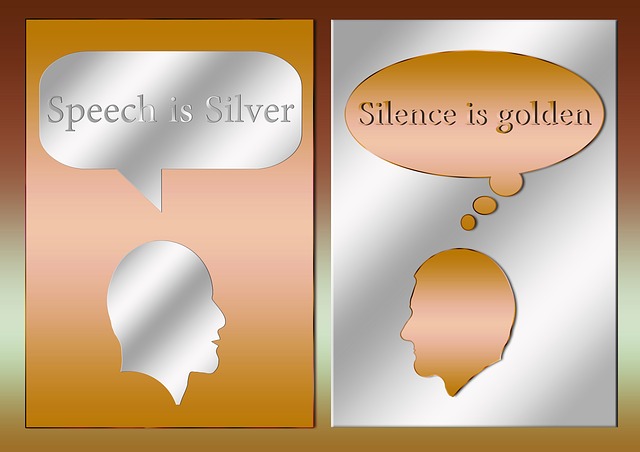“Most people do not listen with the intent to understand; they listen with the intent to reply“ (Stephen Covey)
There is a mentoring experience that sticks in my mind and I always share it when we come to the communication skills section in my training workshops.
I had a staff member turn up to ‘be mentored’ (this is back when I was working full-time as a mentor for an organisation). Her manager had told her she must do this as part of her performance appraisal plan. The staff member arrived and I could instantly see something was wrong. And for the next 30 minutes, she angrily talked about the ridiculousness of having to be in this meeting with me. Oh yes, she was angry alright – angry at her manager whom she thought was incompetent, careless, and unfair, and angry at being made to get mentoring help as she didn’t need this type of support at all.
And I just listened. If I had tried to interject and ask a question, or jump in and paraphrase what she was saying during that 30 minutes when what she needed was to let off steam, I reckon she would have walked out.
Asking questions to help your mentee work through a problem or gain clarity in their thinking and decisions is all part of mentoring. But you ask questions when the time is right to do so. Sometimes what your mentee needs most – like the woman in this story – is for you to just listen.
After that first 30 minutes, the staff member literally sank back in her chair, clearly exhausted. Then we started talking about what she wanted to do with her situation, what she thought and felt she could do, and what was important to her. We ended up having several mentoring meetings following that initial one, where she wasn’t made to ‘get mentored’, it was her choice.
How well do you listen?
How do you judge when to listen and when to encourage discussion and ask your mentee questions?
I have developed my listening skills over a number of years as a mentor, coach, and trainer, and continue to do so. My story here always reminds me of the importance of just listening in the mentoring exchange until you gauge and know it’s time for the next step in the conversation.
